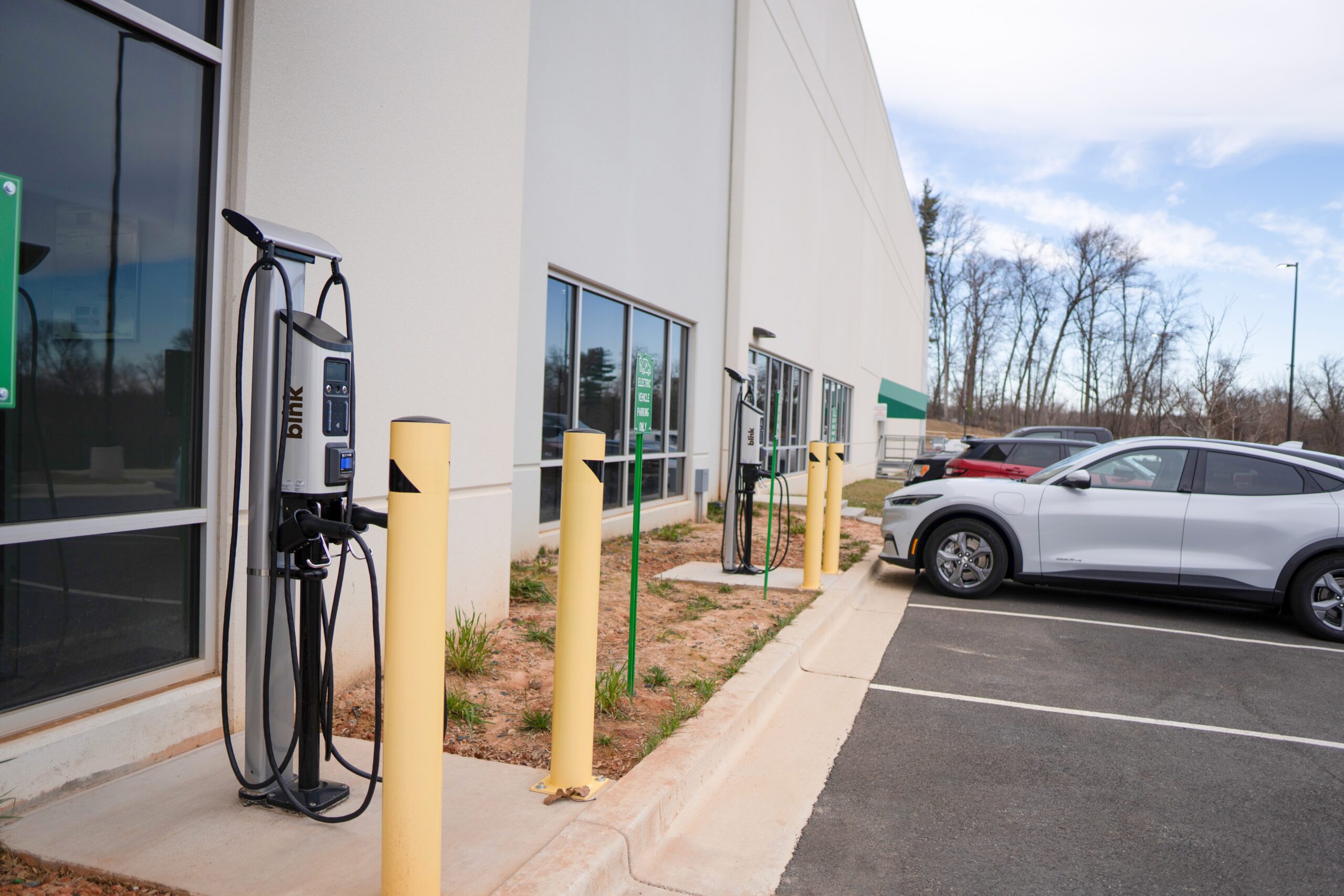
As electric vehicles (EVs) become increasingly popular, having the right electric vehicle charging equipment is essential for efficiency, convenience, and cost-effectiveness. Whether for residential or commercial use, selecting the best charging system requires understanding its features and capabilities. This article highlights the key elements to consider when choosing EV charging equipment.
Types of EV Chargers
EV chargers are categorized into three levels: Level 1, Level 2, and DC fast chargers. Level 1 chargers use a standard 120V outlet and are the slowest, taking up to 24 hours for a full charge. Level 2 chargers, which require a 240V outlet, are significantly faster and ideal for home and public charging stations. DC fast chargers offer the quickest charging times, making them suitable for commercial locations and highway rest stops.
Charging Speed and Power Output
One of the most critical factors when choosing charging equipment is the charging speed. Measured in kilowatts (kW), the higher the power output, the faster the battery charges. Level 2 chargers typically offer power outputs between 3.3 kW and 19.2 kW, while DC fast chargers can provide up to 350 kW. Faster charging solutions are ideal for businesses looking to support EV fleets or public charging stations.
Smart Features and Connectivity
Modern EV chargers come equipped with smart technology, allowing users to control and monitor charging remotely via mobile apps. Features like Wi-Fi or Bluetooth connectivity, scheduled charging, and energy tracking help optimize charging efficiency while reducing electricity costs. Some advanced models even integrate with solar energy systems to maximize renewable energy use.
Safety and Durability
High-quality EV chargers prioritize safety with built-in protection against overcharging, power surges, and overheating. Equipment certified by regulatory bodies, such as UL or ENERGY STAR, ensures reliability and long-term durability. Additionally, weather-resistant and rugged enclosures are essential for outdoor installations to withstand harsh environmental conditions.
Compatibility and Installation
When selecting EV charging equipment, compatibility with different vehicle models is crucial. Universal chargers with standard connectors, such as the SAE J1772, work with most EVs, while Tesla-specific chargers cater to Tesla owners. Installation requirements vary, with some systems needing professional installation for electrical upgrades or dedicated circuits.
With options ranging from Level 1 home chargers to advanced DC fast chargers, understanding the key features ensures the best choice for personal or commercial use. For reliable EV charging solutions, visit NorthCharge to explore top-rated equipment tailored to your needs.